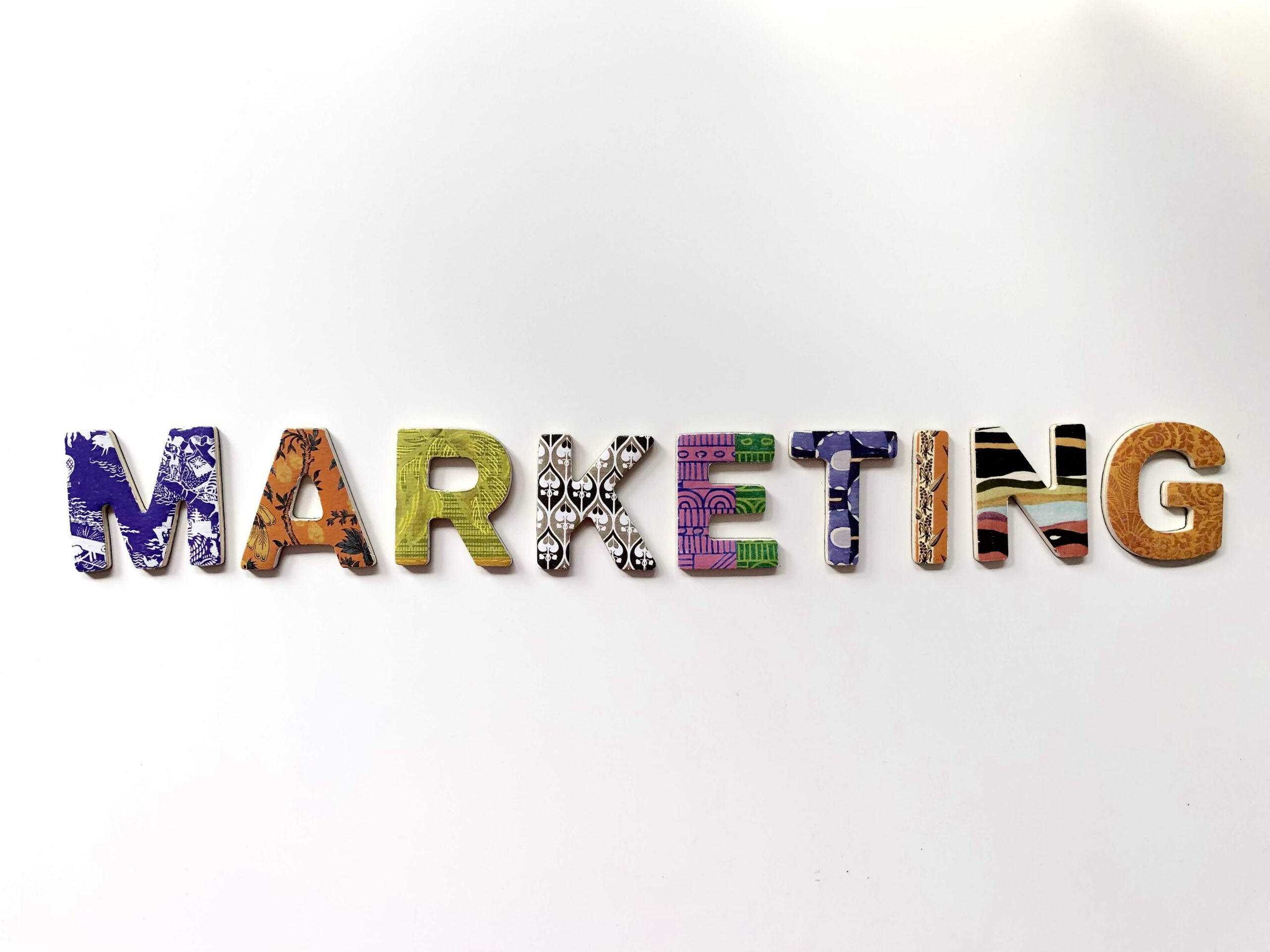In today’s fast-paced digital landscape, businesses are constantly seeking ways to streamline operations, personalize customer experiences, and maximize marketing ROI. Enter marketing automation – a technology that has become an indispensable tool for achieving these goals. But what exactly is marketing automation, and how can it benefit your business?
Demystifying the Buzzword:
At its core, marketing automation is software that automates repetitive marketing tasks across various channels, such as email, social media, and advertising. Instead of manually sending individual emails, scheduling social media posts, or tracking campaign performance, marketers can set up workflows that trigger these actions automatically based on specific criteria.
From Efficiency to Engagement:
Think of marketing automation as a conductor orchestrating your marketing efforts. It allows you to:
- Boost Efficiency: Free up marketing teams from manual tasks, enabling them to focus on strategic initiatives like content creation and campaign analysis.
- Personalize Experiences: Deliver targeted messages and offers to individual customers based on their behavior, preferences, and purchase history.
- Nurture Leads: Automate email sequences that educate potential customers and guide them through the buying journey.
- Optimize Campaigns: Track campaign performance in real-time and make data-driven adjustments for continuous improvement.
- Increase ROI: Demonstrate the value of marketing activities through quantifiable results, like lead generation and conversion rates.
Putting the “Auto” in Action:
Here are some practical examples of how marketing automation can be applied:
- Welcome new website visitors with a personalized email series.
- Trigger abandoned cart emails to remind customers about forgotten purchases.
- Segment your email list and send targeted campaigns based on customer interests.
- Automate social media posting and engagement based on pre-defined schedules.
- Generate personalized landing pages and website content based on visitor behavior.
- Run retargeting campaigns to remind website visitors about your products or services.
- Score leads based on their engagement with your marketing efforts, prioritizing qualified leads for sales teams.
Beyond the Technology:
While marketing automation software is powerful, it’s critical to remember that it’s just one piece of the puzzle. Successful implementation requires a strategic approach that considers:
- Clearly defined goals and objectives. What do you want to achieve with automation?
- Customer-centric mindset. Focus on delivering value and building relationships, not just sending automated messages.
- High-quality content. Automation amplifies your message, so ensure it’s engaging and relevant to your target audience.
- Data analysis and optimization. Regularly track results and refine your workflows based on what’s working and what’s not.
Choosing the Right Platform:
With numerous marketing automation platforms available, selecting the right one for your needs can be overwhelming. Consider factors like budget, size of your business, integration capabilities, and features offered. Research and compare different options to find one that aligns with your marketing goals and technical infrastructure.
Embrace the Future of Marketing:
Marketing automation is not a fad, but a transformative technology that is reshaping the marketing landscape. By harnessing its power strategically, businesses can achieve greater efficiency, deliver personalized experiences, and ultimately drive meaningful growth. So, if you haven’t already, it’s time to explore how marketing automation can take your marketing efforts to the next level and unlock its potential for customer engagement and business success.
